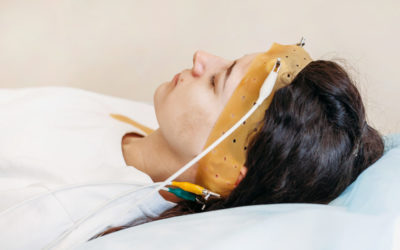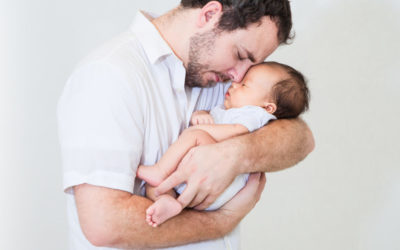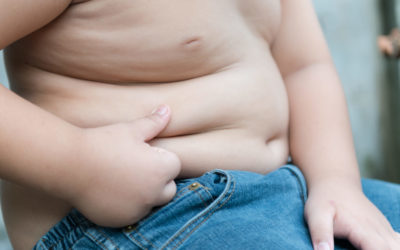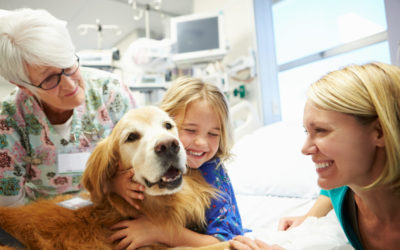Quick Hits
Daily brief research updates from the cognitive sciences

In times of crises and danger we may hide and flee as our natural instincts would guide us, or do something else: put ourselves at danger and help others.
Whenever there is a tragic event, there abound stories of individuals who have helped others, often at great risk to themselves. But why? I don’t mean that negatively, it is great, and I have helped others in critical situations myself, a number of times actually.
What I mean is that the brain would normally, we assume, prioritise ourselves and seek to save ourselves first rather than instinctively help others. But the opposite seems to happen.
We may assume this is empathy, or moral standards, but recent research just published has shown this doesn’t appear to be the case!
Joana Vieira and Andreas Olsson of the Karolinska Institute in Sweden have just published the intriguing results of a brain scanning study. They conducted a lab experiment in which 49 volunteers had their brains scanned while in a helping scenario.
Sorry, while in a brain scanner there is no running through fire to help others, ethical committees wouldn’t allow this anyway. But what they did do is give participants mild electrical shocks and they could avoid this and/or help others avoid this – virtually that is.
So far so good, but they manipulated the task by adding the risk of getting an even stronger electrical shock if they went to help the other person. This simulates scenarios in real life when helping others leads to greater danger for oneself. They also changed the proximity of threat by saying the electrical shock could be imminent.
So, what did they see?
Interestingly what the researchers saw is increased activation in certain regions in the brain while deciding to help others with threat to oneself. And no, they weren’t areas associated with moral, social behaviour, or cognitive behaviour. It was related to threat. Two regions: the amygdala which is strongly associated with threat detection, and an area called the insula which is involved in embodiment of feelings were both active and levels of activation correlated to willingness to help others.
What was also a surprise is that helping behaviours were correlated with this threat and defensive network but not with the distress of others. So, it is not the distress of others which was stimulating the helping but the perception of threat and the more intense this was the more likely and individual was to help.
This sounds counter-intuitive in some ways, we may assume staying calm would help, we know that too much threat can cause, stress, distress and shut down various other areas of the brain. So, I’d be Interested to know how these all play in to this.
Nevertheless, this does give us a fascinating insight into our brains when helping others. Viera and Olsson are planning further work researching how the presence of others influences behaviour on themselves and the other bystanders in similar helping scenarios. That also looks like fascinating research, and I will keep an eye out for the results.
I will also continue to help others – and hopefully my defensive network in my brain will remain active!

Andy Habermacher
Andy is author of leading brains Review, Neuroleadership, and multiple other books. He has been intensively involved in writing and research into neuroleadership and is considered one of Europe’s leading experts. He is also a well-known public speaker, speaking on the brain and human behaviour.
Andy is also a masters athlete (middle distance running) and competes regularly at international competitions (and holds a few national records in his age category).
References
Joana B Vieira, Andreas Olsson.
Neural defensive circuits underlie helping under threat in humans.
eLife, 2022; 11
DOI: 10.7554/eLife.78162
More Quick Hits
Brain Cells Adapt to Help You Stay Awake
Falling asleep is a funny thing – you don’t need to think about it when it happens but can cause many people who can’t incredibly frustration…
Dad Brain is Real
We know that mothers go through multiple physical and psychological changes after birth (and before) including change in brain structures but what about fresh fathers?
Mask-Wearing Makes You Better Behaved
This is a fascinating study that shows that wearing masks changes behaviour in subtle but important ways…
Coffee Can Help You Live Longer
Yes, that is good news for you (us) coffee drinkers. This supports plenty of more recent studies which have shown the health benefits of coffee…
Big Kids Die Earlier!
Before you panic – the conclusion in the title is based on research into mice not human beings – but there could potentially be some important insights for us human beings as well.
Petting (Real) Dogs Activates the Social Brain
There have been lots of studies into the positive impacts of having pets around us – but this study just published looked at brain activation patterns while being with a dog, petting a dog, and…






